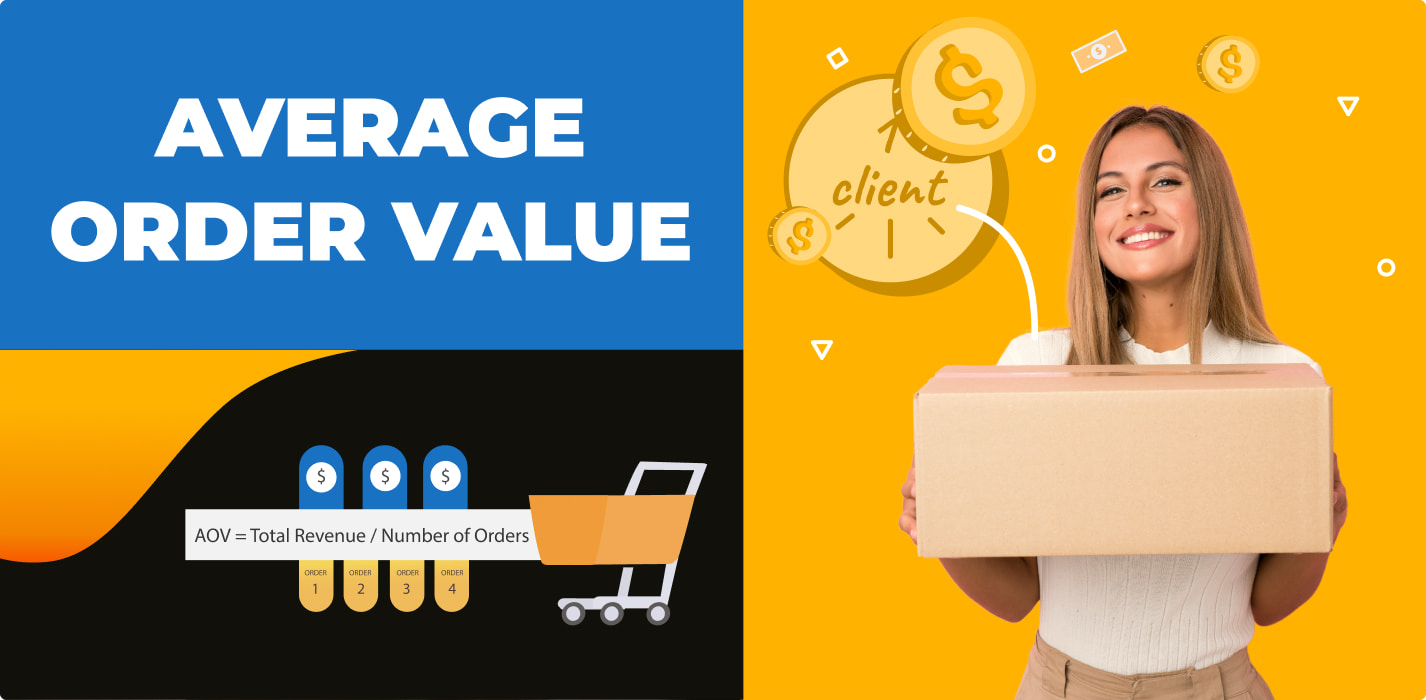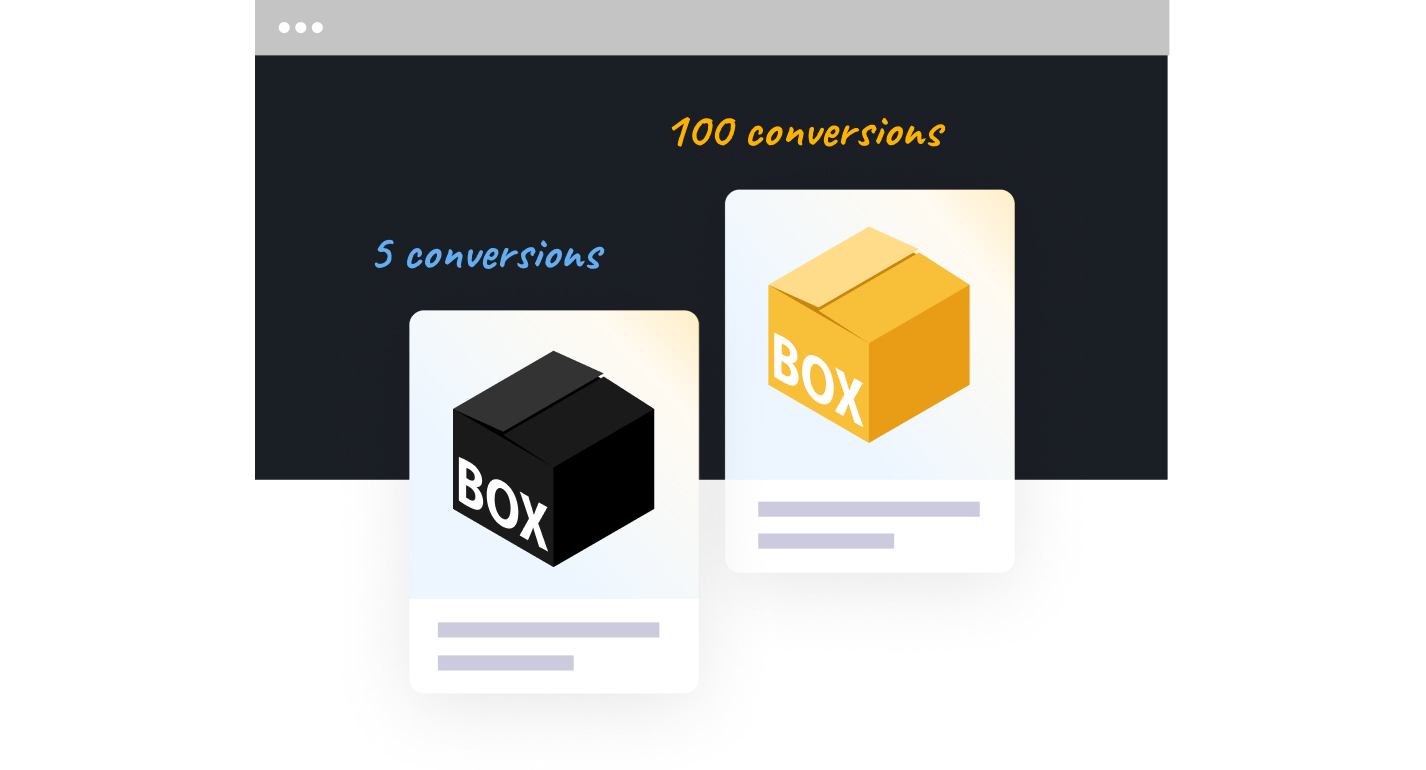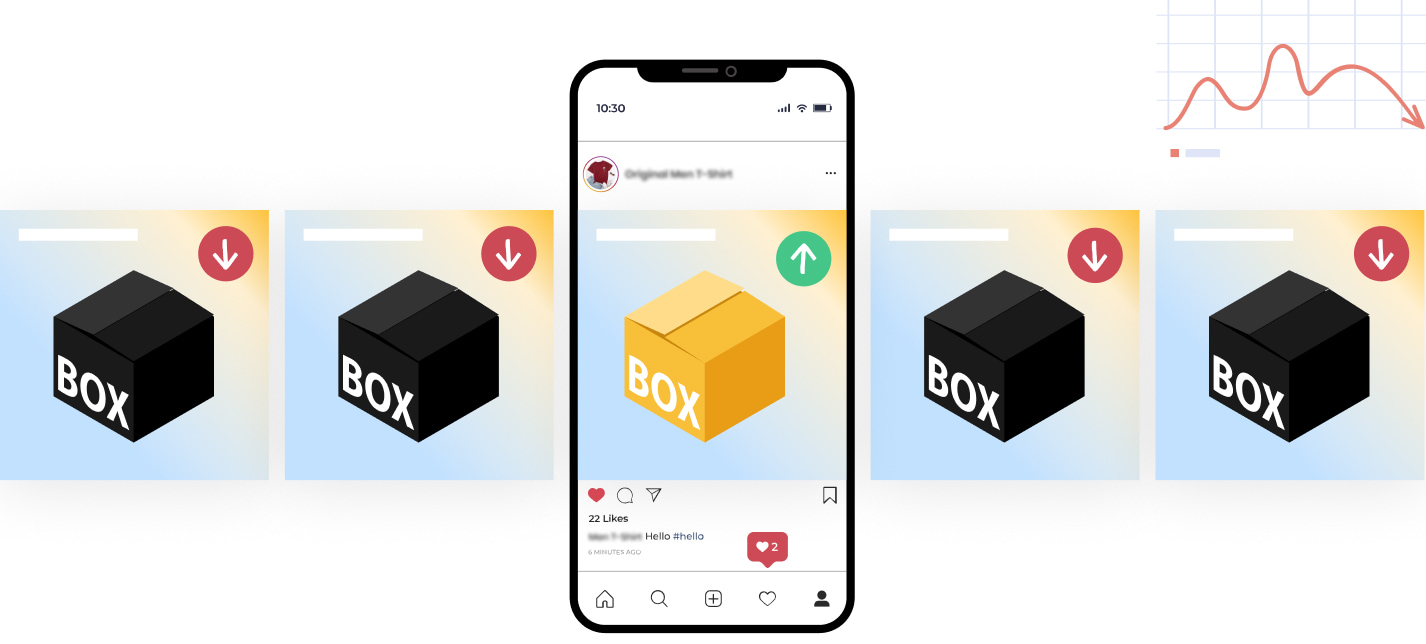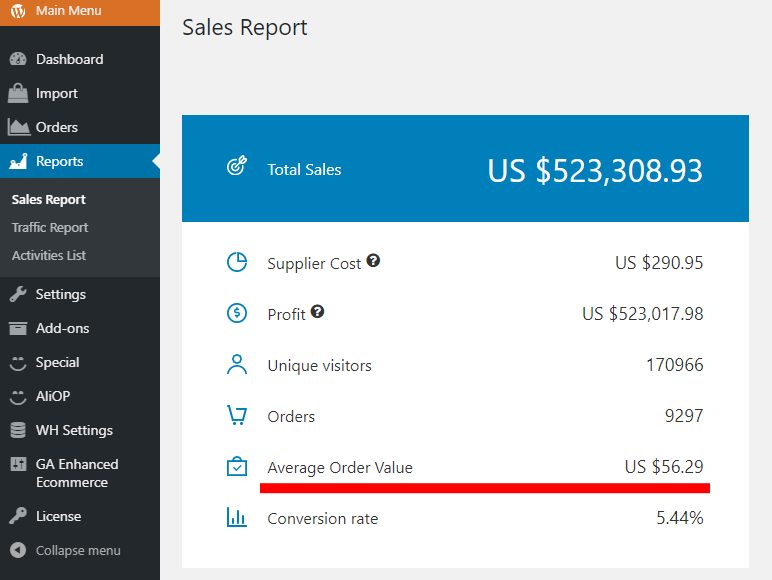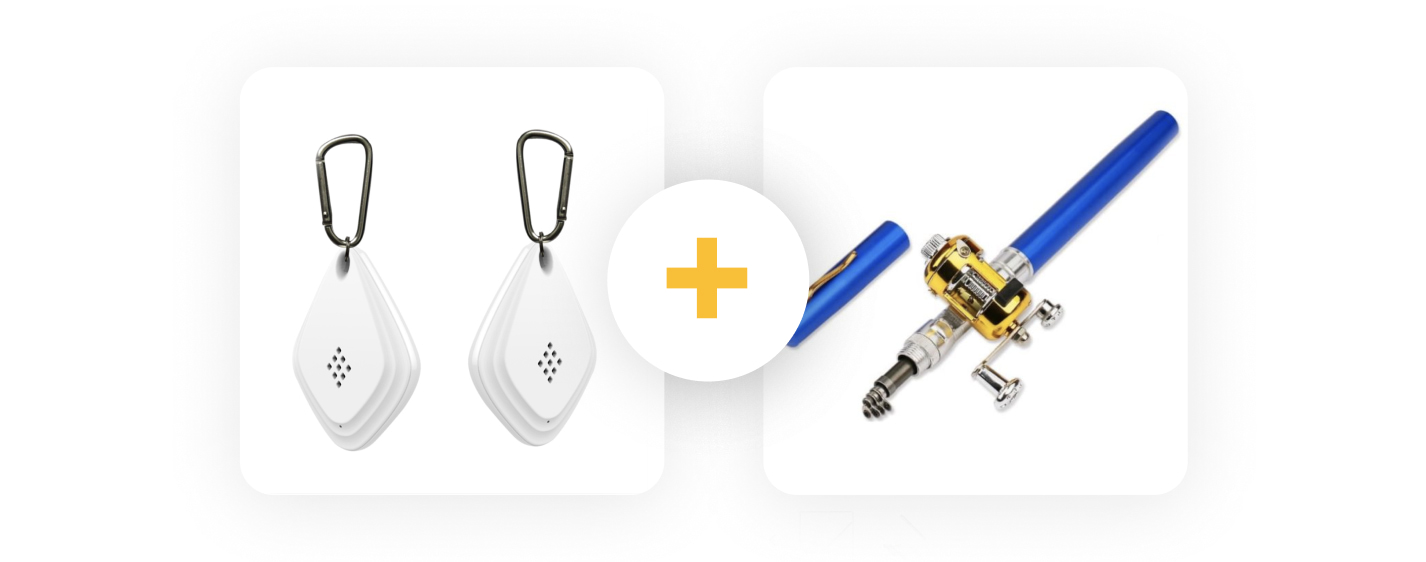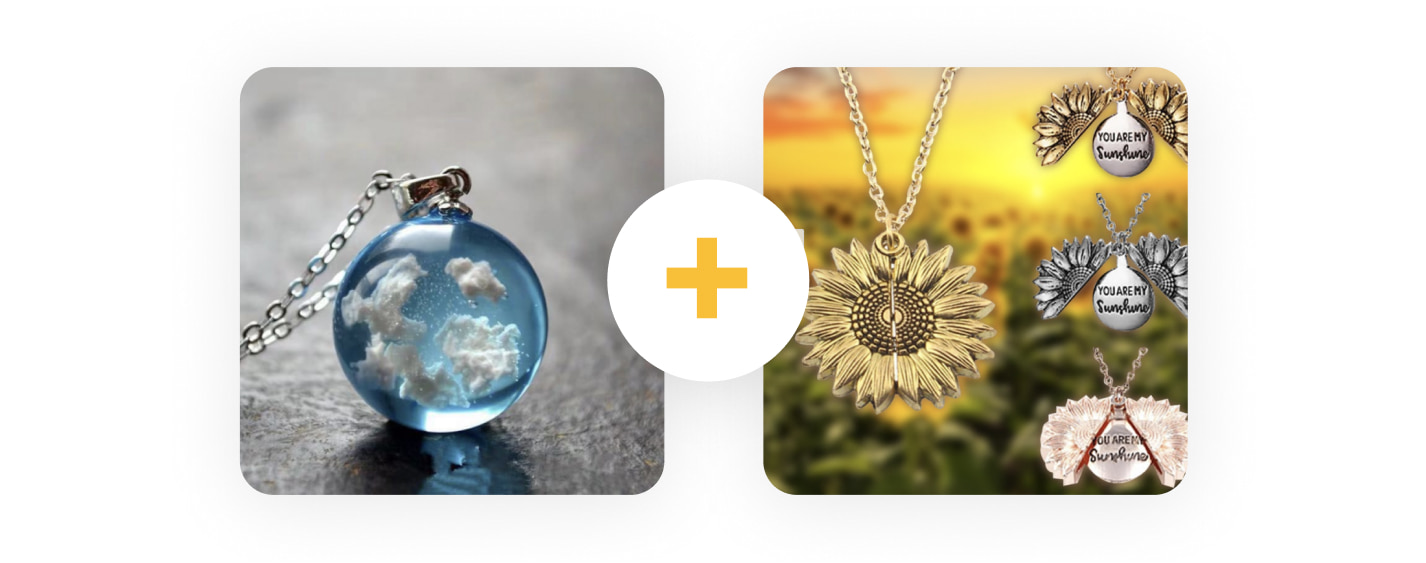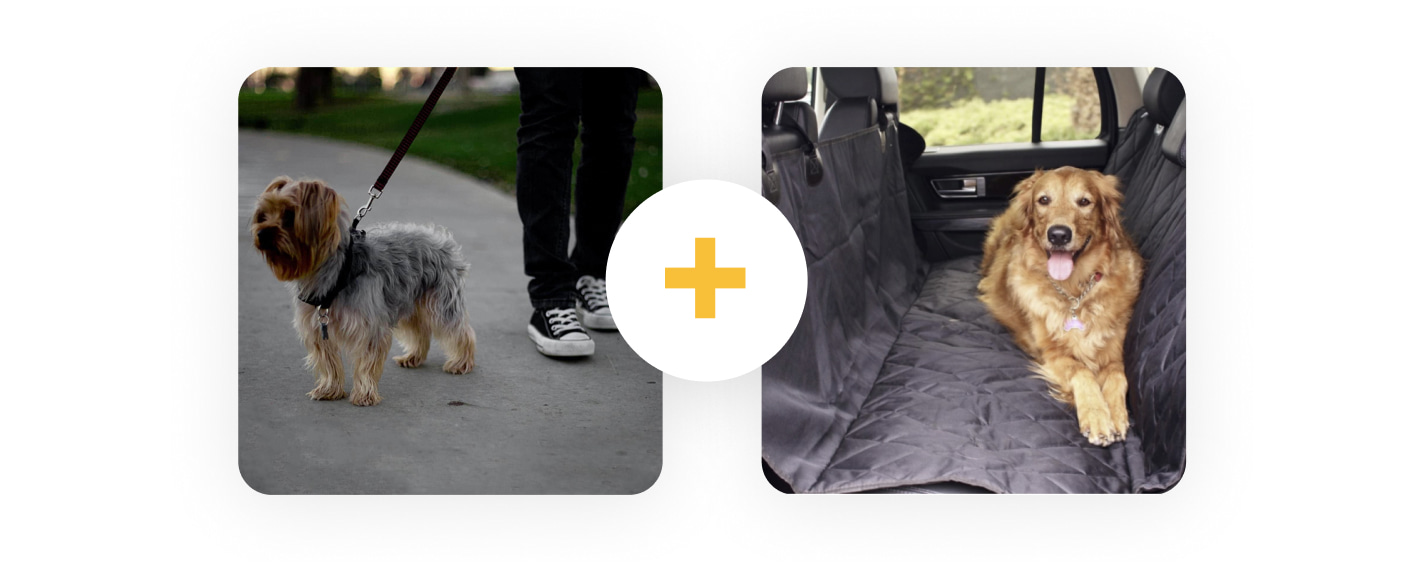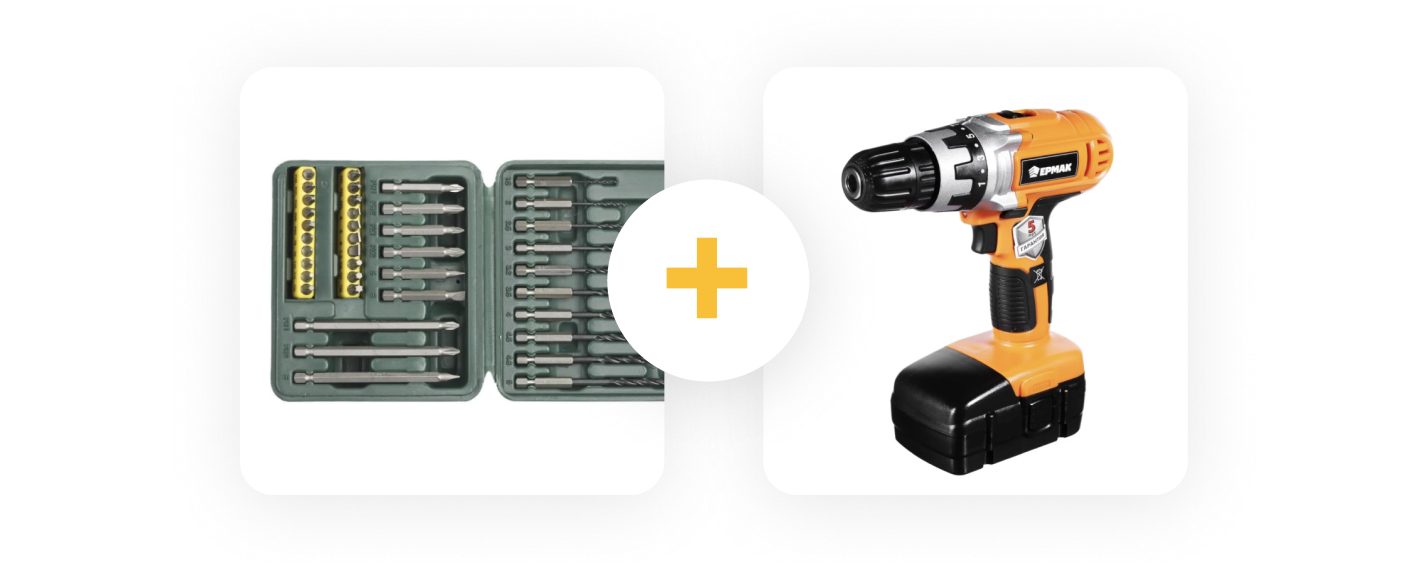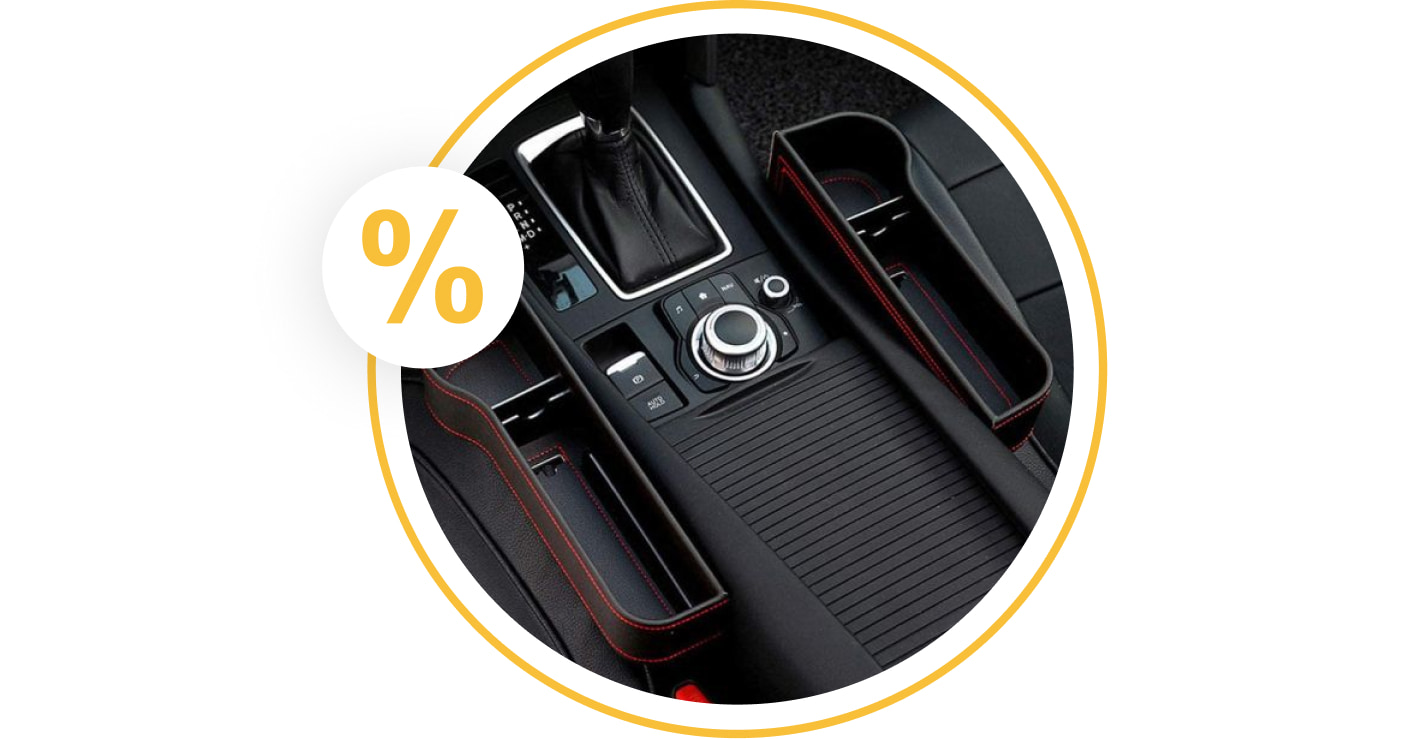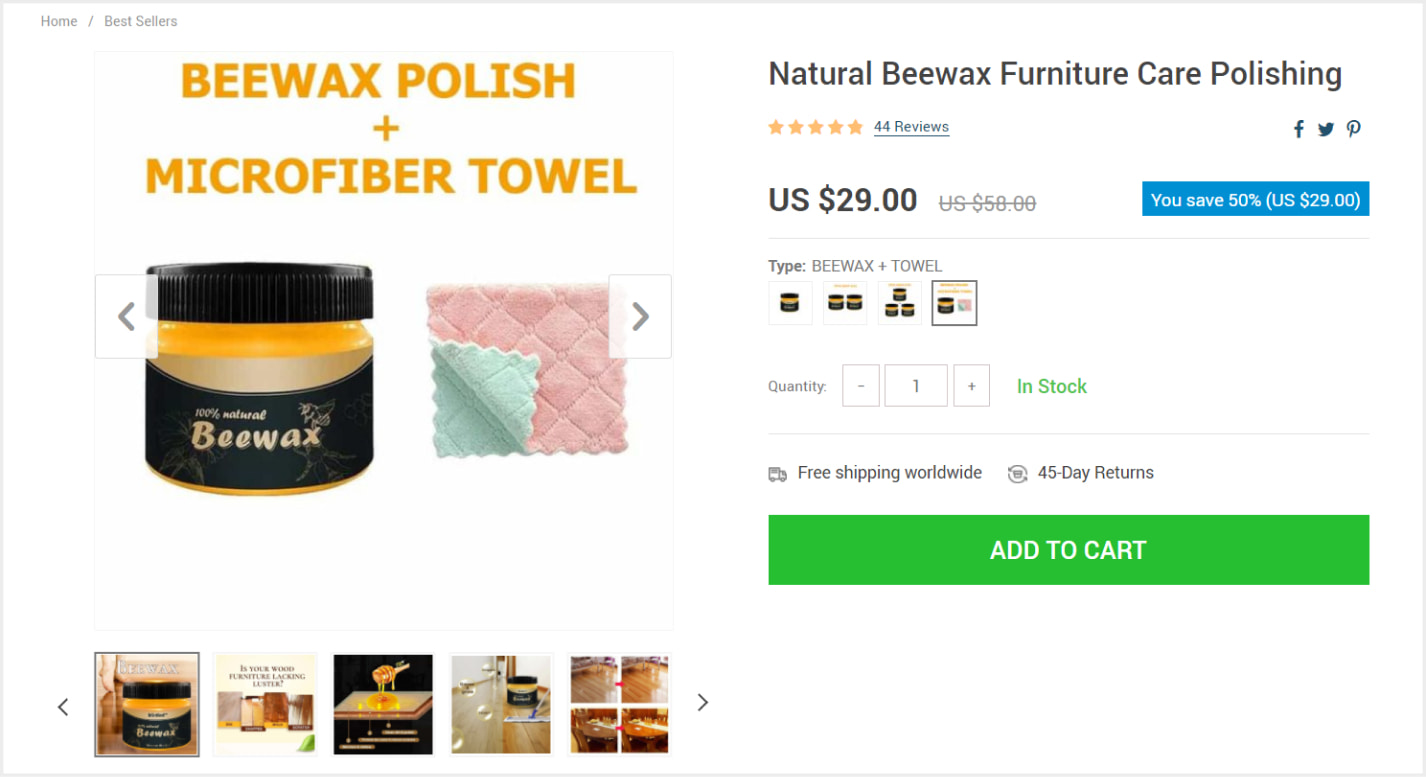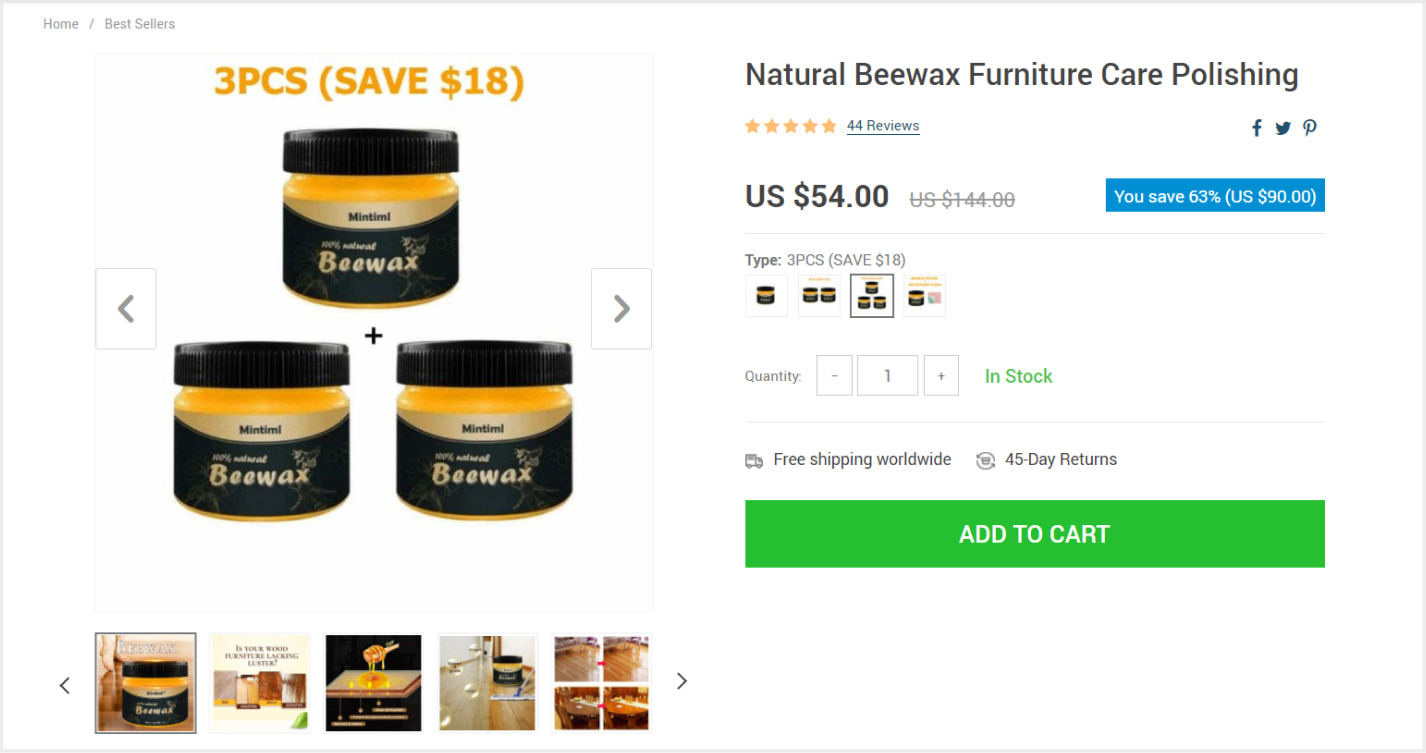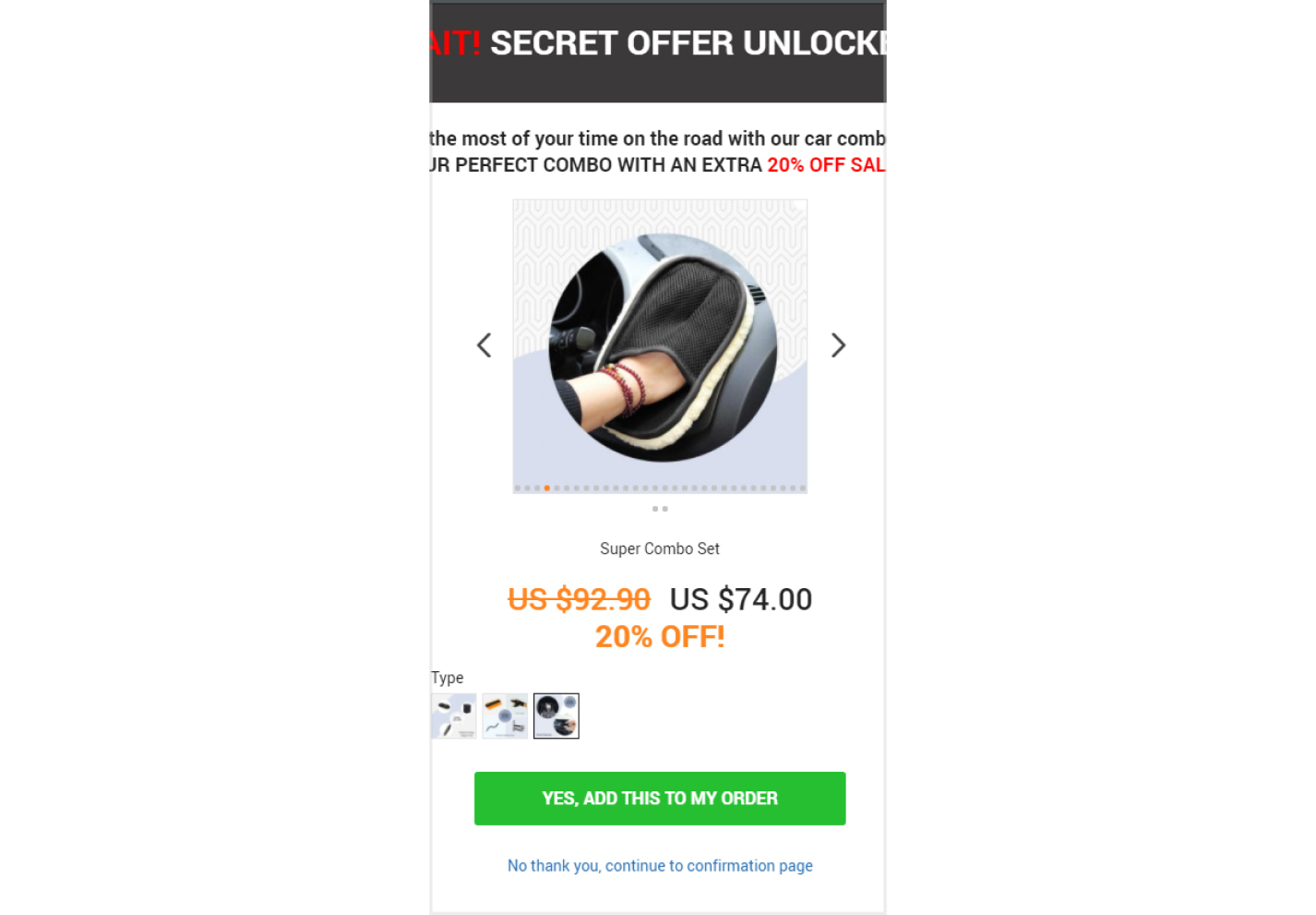Did you know that you don’t have to advertise each and every product in your inventory? Moreover, this approach can actually hurt your business. Instead, you should focus on calculating your average order value and increasing it. Sounds interesting, doesn’t it? So stay tuned!
To succeed in ecommerce, one needs quality products that enjoy high demand among a wide audience. With Sellvia, you get access to thousands of dropshipping products that can be delivered to US customers on time!
However, having lots of good products in the inventory doesn’t mean you should advertise all of them.
Why you should not advertise all goods at once
If you’re new to ecommerce, you may think that after launching your online business, you should focus on advertising. Well, you’re right. But often, newcomers start advertising all the products from their store’s inventory. And that’s a big mistake!
Some goods are less popular than others
First of all, different goods have different potential. One product can make a good purchase, but it can be not so popular among wide audiences. Few people will get excited after seeing an ad with this item. At the same time, another product can be useless… but so charming and adorable that lots of people will buy it without thinking.
In other words, some products are easier to advertise than others. Or, you could say that different goods show different conversion rates. If you start promoting, say, 10 items, it is quite possible that one of them will generate a lot more sales than the other nine combined.
Advertising all products is too expensive
Second, advertising is expensive. Most dropshipping online stores promote their goods on Facebook and Instagram. But if you’ve ever tried launching an ad campaign there, you must have noticed that each step costs money. In certain cases, the cost of conversion (how much you pay for converting one person into a buyer) can easily exceed your profit from this purchase.
So, if you promote all products at once, most of them will probably ‘eat’ more money than they bring in. As a result, even if some products prove popular, the rest of them will only cause losses.
Prices can rise too much
And finally, prices matter as well. Imagine you have two products. One of them costs you $20 while the other costs $3. If the cost of conversion via Facebook ads equals $20 for each of them, you’ll have to set your prices to $45 and $28 respectively (+your profit equaling $5).
And here’s another problem.
The price of the first product looks Ok. It may be a bit higher or lower than what competitors offer, but it generally fits the average price range. However, the second product now costs too much. Most potential buyers will refuse to buy this item for such a price.
Instead, focus on advertising one product and improving your average order value
For the reasons mentioned above, it is best to advertise one product. However, even in this case, you can’t expect a high profit because of the cost of advertising. And this is why you also need to raise the average order value (AOV) of your store.
Average order value is the money amount spent by your customers in a single purchase. Simply put, it’s how much your customers spend per each order.
For example, one person buys one product that costs $50. Another person buys 3 items that cost $50, $25, and $15. As a result, you have 2 orders with total revenue of $130. So, the average order value equals $65.
So, how does it work?
You pick one product for advertising while using the rest of the inventory (or at least some of the goods) as a cross-sell offer. The main product draws traffic to your site, attracts buyers, converts people into customers.
Other products are used as additional offers to convince customers to buy more. Alternatively, you can advertise a product that people often buy in large quantities. So, customers will buy 2, 3, or even 4 items at once, thus raising your total revenue.
As a result, you spend money on advertising only one product but sell several goods to one customer, which raises your average order value. Per one ecommerce store, you can have up to three product combinations of this kind (the main item + cross-sell goods). Having more is not recommended. Besides, most dropshipping businesses are fine with just one main product.
This is the AOV of one of our dropshipping stores. As you can see, it makes a lot of money by selling additional goods – and not by advertising all its inventory at once.
How to pick your main product for advertising?
- Naturally, you want to advertise a popular product. It could be a useful tool with obvious benefits or a trendy item that features emotional value. In any case, it should be something that enjoys demand from a wide audience rather than a niche product with few potential buyers.
- As a rule, products that can solve real problems sell very well. Besides, such goods are much easier to advertise. But you can also sell unique, unusual products that feature the WOW effect.
- The price of this item should be neither too low nor too high. The final price of an expensive product combined with the cost of advertising can scare away potential buyers. If the item is too cheap, its final price will look inadequate, too. Your final price should not be lower than $30. As for the upper limit, it depends on the product type, but just be reasonable.
- Always look for products with fast shipping allowing you to offer fast & free shipping in your store as many customers don’t mind paying more than competitors ask as long as you can offer faster delivery. From this perspective, Sellvia is your ideal partner as we quickly deliver products across the US.
- And finally, since you want to improve the average order value of your store, you want either products that can sell in large quantities or products that can be easily combined with other goods.
How to pick cross-sell products?
There are several product types you can offer as cross-sell items. Naturally, they should be somehow related to the main offer.
1. An item from the same niche
The simplest type of cross-sell product is just another item within the same niche as the main product.
For example, if I advertise a pocket fishing rod, I could also offer this portable USB repeller. And that’s logical because mosquitoes can be a huge pain in the neck when you go fishing. But in this case, the two products don’t have to be closely related. It’s more about offering something else.
2. Similar item but different size, color, shape, etc.
Offer the same or very similar kind of product that features a different shape, size, color, etc. For example, if site visitors want to buy a pretty necklace, why not offer another necklace – just to expand the customer’s choice.
3. Complement products
In this case, you’re increasing the AOV by offering a product closely related to the one you advertise. The cross-sell item can “work in pair” with the main item. For example, this seat cover will protect your car from getting dirty while this seatbelt for dogs will make the pet stays right there.
4. Accessories and components
Offer accessories, components, and parts for the main product. For example, a buyer who has purchased this drill can also be interested in a set of additional attachments.
5. Same product
You can increase your average order value by offering the same product for a discount. This strategy works well with products that you replace regularly (like socks), or items that can easily break or get lost (expendable materials), or goods that come in sets (dishes, boxes).
For example, people often buy these car seat organizers in sets of two or even four.
Tips on how to raise the average order value of your store
And finally, here are the basic methods of offering additional products.
1. Bundles/combos
Bundles are product packages that you sell together – usually for a lower price. It’s a good way to sell less popular products by offering them along with popular products and raise the average order value of your ecommerce business.
2. Volume discount
In this case, you offer a discount to customers that agree to purchase more of the same products. Simply put, buy more – pay less!
3. Cross-selling after purchase
Another option is to offer a complement product after a buyer completes a minimum purchase.
The banner usually replaces the standard Thank You page after you finish the checkout process. At this moment, customers have already established relationships with your business. They already trust you. And that’s why they tend to at least pay attention to your new offer.
Note that your after-purchase offer can be both a single product related to the initial purchase or a bundle/combo like on the screenshot above. Still, it’s recommended that the upsell offer is cheaper than the initial purchase.
In Sellvia’s catalog, you will find hundreds of dropshipping products that can be used for both advertising and cross-selling. By joining Sellvia, you can create an outstanding dropshipping business featuring fast shipping and high average order value.





